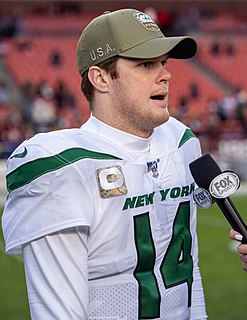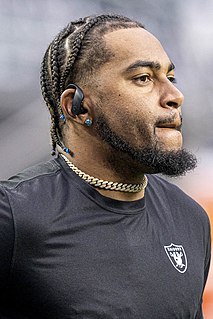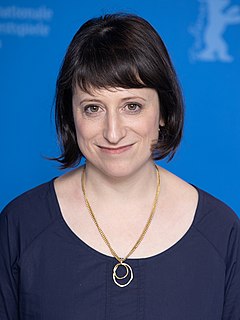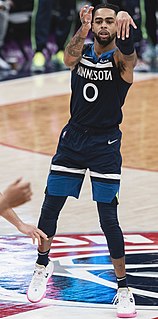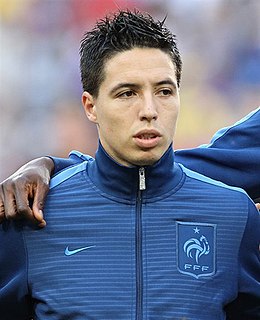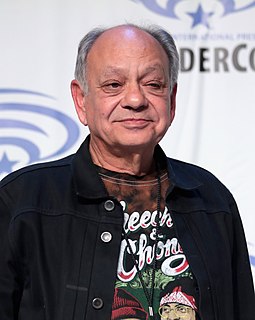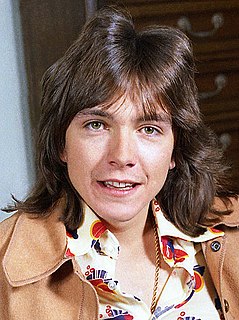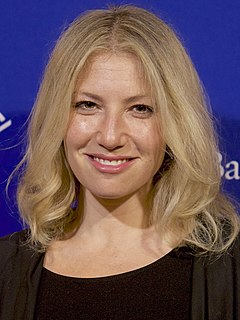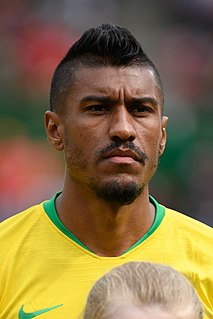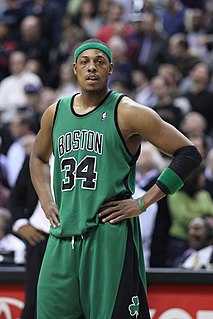A Quote by Stephen Curry
I had talked to a lot of people in Golden State's front offices before the draft. They said they liked me, but they had a lot of guards, so I didn't think that I would end up there.
Related Quotes
But there's a lot of them that had that exact reaction, who had never heard Trump speak before. And I remember when I said this after [Donald] Trump's speech, I had a lot of emails. "Come, Rush! It's not... People aren't that segregated anymore." Don't doubt me on this. The left, you do not know how they sequester themselves.
I wrote the first draft of the New People quickly but it had been percolating a lot longer. It's a hard question to answer because I'd been working on another novel for years and when I gave up on that, this one came very easily. But I think the work had been going on a lot longer than the actual writing.
My father is a cultural anthropologist and my mother ran an outpatient clinic and treated a lot of people who had been institutionalised. I was very fascinated with behaviour and criminology and why people do things that don't make any sense. I would probe my mother: "Why? Why would somebody do this?" And look for some causality between someone's mental state and their behaviour. I think it had a lot of influence on me.
I'm the best player in the draft. I truly feel that way. But I feel like you can ask anybody in the draft and they would have said the same thing. I just feel like I showcased it on many levels and I was put through so many different scenarios where I had to make the best out of it. And I had a lot of success with it.
I was part of the draft resistance movement in L.A. where we did demonstrations at the draft centre and burned our cards and made a lot of trouble on campus. I had a student classification and they said that anybody who'd taken part in these demonstrations would be reclassified and drafted. And that's when I went to Canada.
I had relatives in New York City who I stayed with. And in those days, the area from Union Square down Fourth Avenue had small bookstores, many of which were run by Spanish immigrants who'd fled after [Francisco] Franco's victory. I spent time in them, and also in the offices of Freie Arbeiter Stimme (Free Worker's Voice) with anarchists. I picked up a lot of material and talked to people, and it became a major influence.
When I got on that plane, it was loaded with white people going to Africa for the Peace Corps. I got there and met a lot of them, and actually they had more peace there in Guinea than I have here. I talked to some of them. I told them before they would be able to clean up somebody else's house you would have to clean up yours; before they can tell somebody else how to run their country, why don't they do something here.

